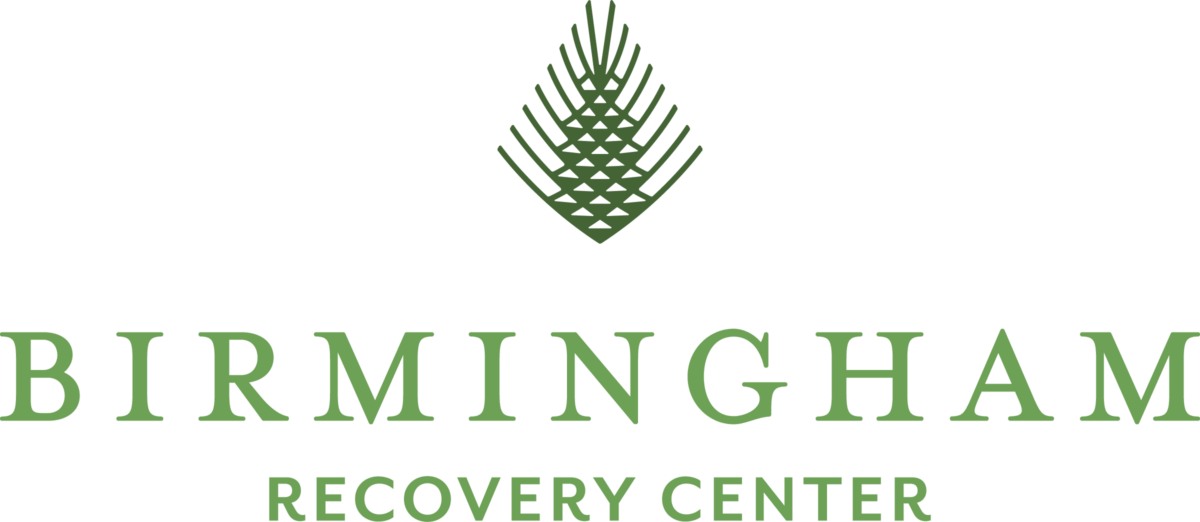Out of the millions of Americans who struggle with the disease of addiction, many of them find themselves abusing more than just one substance at a time. And despite this being common among those who are addicted to mind-altering substances, it does not mean that it is in any way safe or recommended. Abusing more than one substance at a time can produce negative impacts to a person’s mental, emotional, and physical wellbeing, and can even result in death. Unfortunately, one of the most common combinations of mind-altering substances include Vicodin and alcohol.
Alcohol is easily the most understood mind-altering substance among Americans, as more than 70% of citizens have at least had one alcoholic beverage in their lifetime. Alcohol is readily available and affordable, making it easy to obtain. When people drink alcohol, it slows down the central nervous system, as it is a depressant substance. This means that heart rate, respiratory rate, and motor function slow, which is one of the main reasons why people are drawn to it. Alcohol has long been seen as a way to blow off steam or relieve stress, however too much alcohol can be problematic and even fatal. But, what does Vicodin have to do with alcohol?
What is Vicodin?
Vicodin is one of the most highly prescribed prescription painkillers in the United States. It is an opioid-based medication that is typically used for pre and post-surgical procedures, as well as pain management for individuals experiencing certain conditions. Vicodin is a very potent and powerful drug and it should only be taken as prescribed. Taking more Vicodin than recommended can quickly lead to the development of dependence, where the body continually craves it and develops withdrawal symptoms without it.
Similar to alcohol, all opioid-based painkillers like Vicodin are also central nervous system depressants. This means that they produce the same effects as alcohol, but because of their potency, the effects are more prominent. Simply taking Vicodin alone can significantly slow down heart rate and respiratory rate even more so than alcohol, therefore when both are being abused at the same time, significant physical health problems can occur.
The Dangers of Mixing Vicodin and Alcohol
There are several dangers associated when Vicodin and alcohol are combined. Let’s dig a little deeper into just what exactly those dangers are.
Dependence
Dependence, meaning that the body requires one or more substances to keep from going into a state of withdrawal, does not occur overnight. Instead, it develops over time as an individual continues to abuse drugs and develops alcoholism. Therefore, the longer that Vicodin or alcohol are abused, the more likely it becomes for someone to become dependent on them. The risk for dependence increases significantly when both substances are being abused simultaneously. Once dependence has developed, it can be excruciatingly difficult to stop use without the help of professionals.
Financial Problems
Alcohol might seem affordable at first glance — and for those who use it responsibly, it usually is. But, when someone is abusing alcohol on a regular basis, the tab starts to mount. Not only is that because they are always drinking alcohol, but also because their continued use leads to tolerance. Tolerance develops in the face of substance abuse and requires the user to increase the amount of drugs/alcohol they abuse in order to achieve the same desired effects. What results is the need to purchase more of a quantity of alcohol than before, creating a more expensive trip to the store. The continued focus on providing oneself with alcohol can quickly take away from groceries, bills, kids’ needs, clothing, housing, etc.
Interpersonal Issues
Abusing Vicodin and alcohol at the same time does not typically produce a person who is alert, engaged, and keen to the needs of others. Instead, it is more common for that individual to become detached, moody, and focused on themselves. These traits do not make for positive interpersonal relationships. And even if the individual notices that their actions are negatively affecting their relationships with others, the desire to keep using often overpowers the desire to fix their relationships. What can result from this is loss of friendships, separation, divorce, estrangement from family members, loss of custody of children, and so on.
Respiratory Distress/Failure
Of the many physical health problems that can ensue as a response to Vicodin and alcohol abuse, the most potentially dangerous is respiratory distress or failure. As mentioned before, both Vicodin and alcohol are CNS depressants. One of the first things that happens when both substances are abused at the same time is a slow down of one’s respiratory rate. The entire pulmonary system starts functioning slower than normal, meaning that the individual is not getting the same amount of oxygen that they usually would. As a result, the body starts to shut down. Without the appropriate emergency medical care, those who find themselves in this situation after abusing Vicodin and alcohol can lose their lives.
Alcohol Rehab in Alabama
The good news is that an addiction to Vicodin and alcohol can be treated. If you or someone you love is struggling with a substance use disorder, reach out to our alcohol rehab in Alabama right now. Our team of professionals at Birmingham Recovery Center is experienced, compassionate, and prepared to help you get started on a new tomorrow.
Do not wait any longer. Call us right now at 205-813-7400 to get the treatment you deserve.

